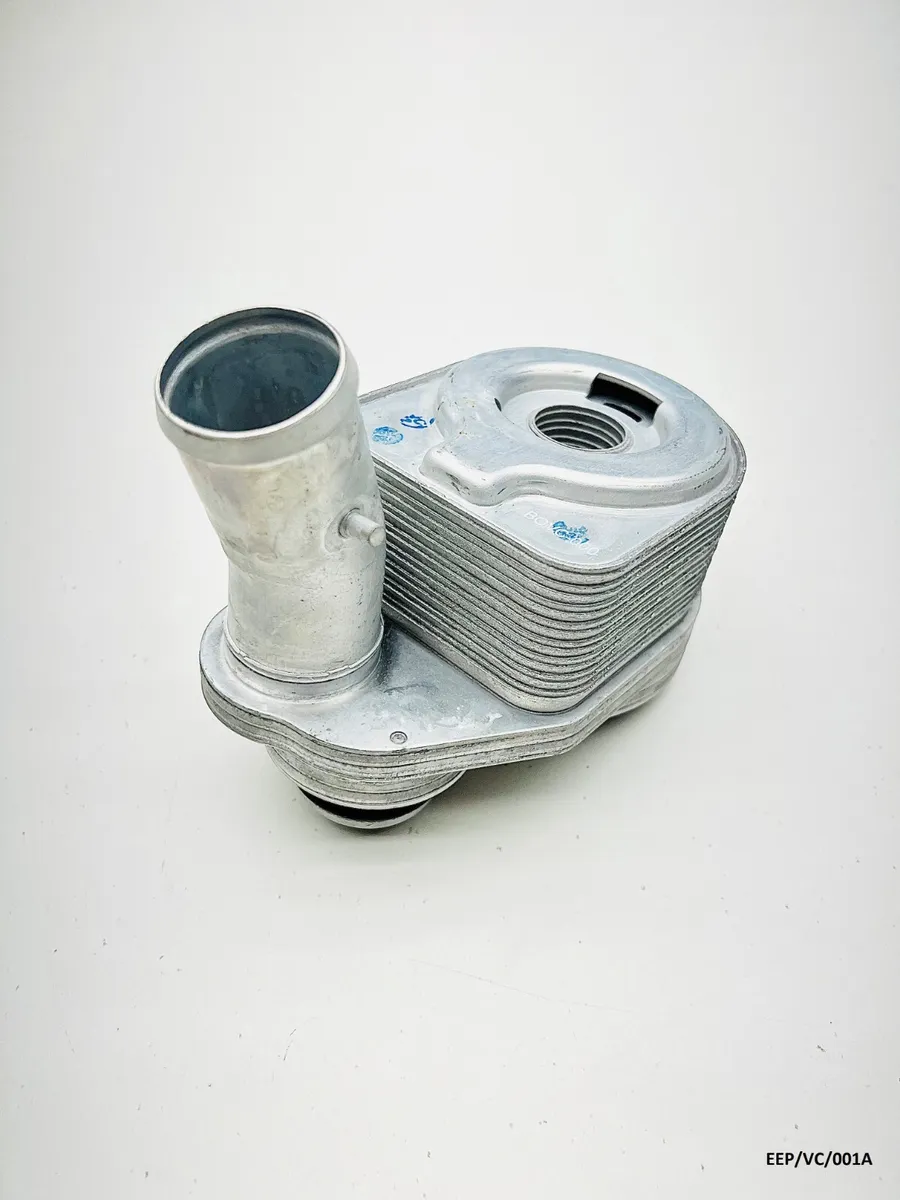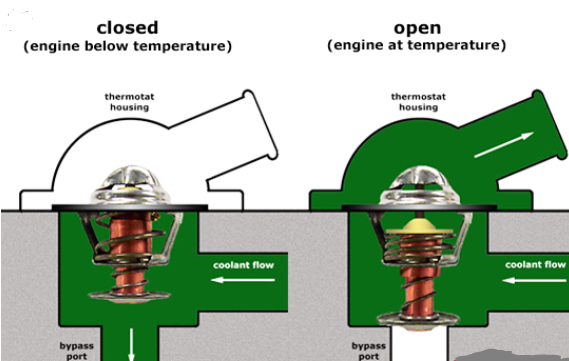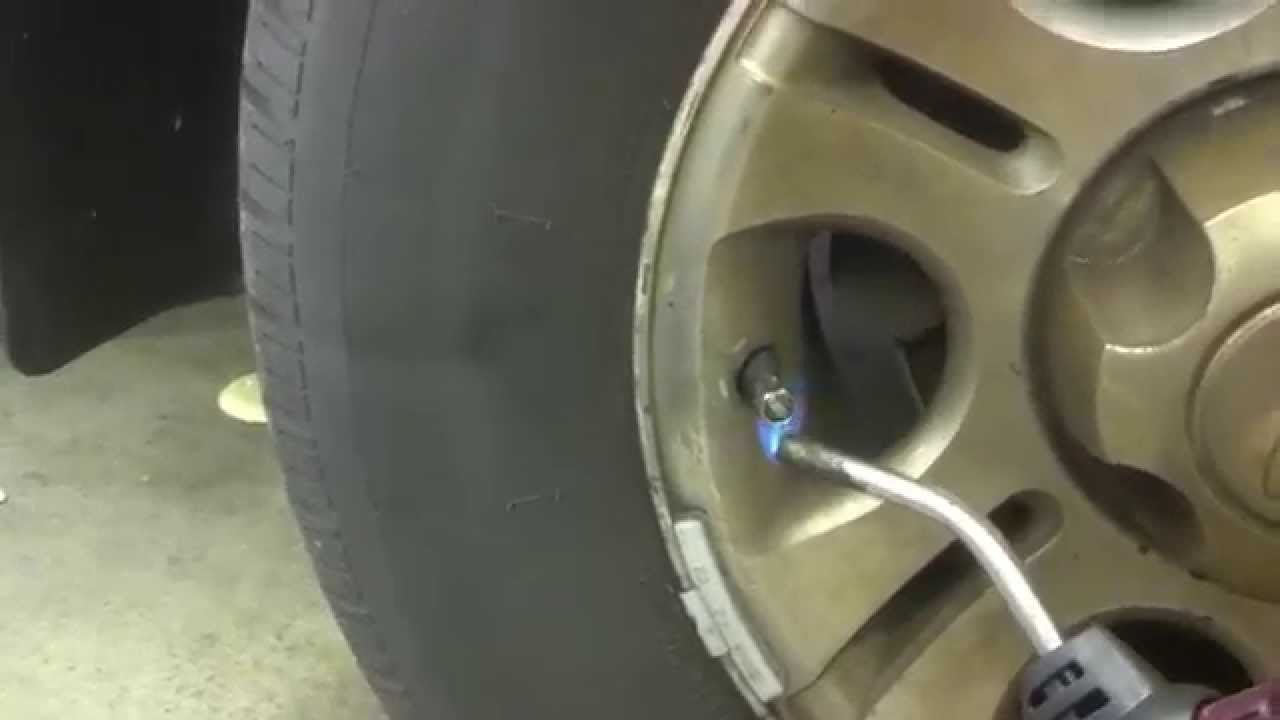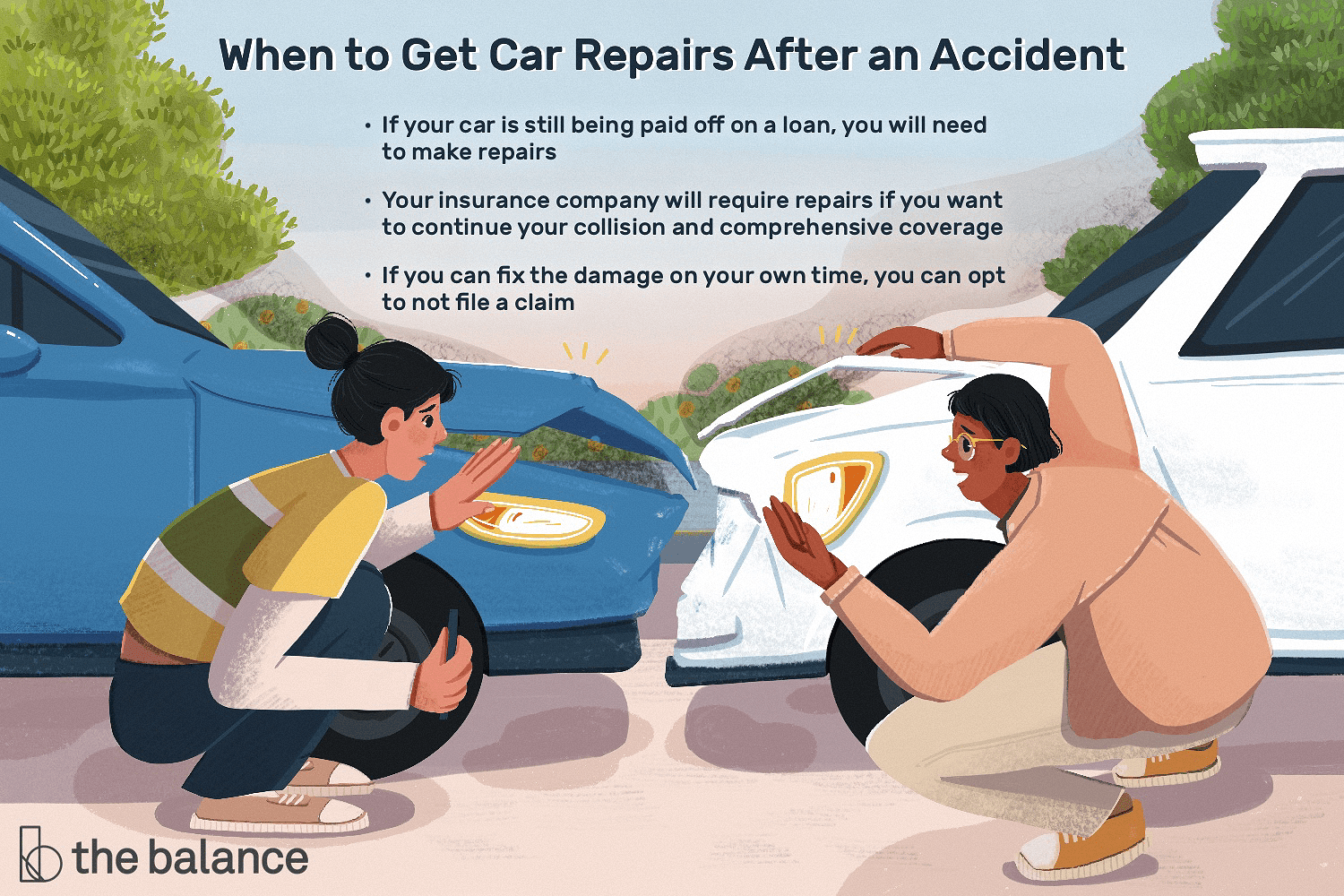Iveco Daily Oil Cooler Problems
Common issues with the Iveco Daily oil cooler include leaks and overheating. A faulty oil cooler can lead to significant engine damage.
The Iveco Daily is celebrated for its robust performance and versatility in commercial transport, but like any vehicle, it has its share of potential problems, particularly concerning the oil cooler system. Owners might face challenges ranging from minor leaks to complete failure, which can compromise the vehicle’s performance and longevity.
Prompt detection and repair of oil cooler issues are crucial in maintaining the integrity of the Iveco Daily’s engine. Ensuring that the oil cooler is functioning correctly is vital for engine temperature regulation and preventing oil contamination, both key factors in keeping your Iveco Daily on the road and operating efficiently. Regular maintenance checks can often preempt these problems, safeguarding your investment and avoiding more extensive repairs down the line.
Iveco Daily Oil Cooler: Common Symptoms
Iveco Daily vehicles are renowned for their durability and performance. Nonetheless, like any other vehicle, they can face mechanical issues. A common area of concern for these vehicles is the oil cooler. The oil cooler plays a pivotal role in regulating your engine’s temperature. Spotting problems early can save you time and money. Let’s explore the symptoms indicating that your Iveco Daily oil cooler might need attention.
Unexpected Oil Leaks
Oil leaks can be a tell-tale sign of an oil cooler problem. If you spot oil underneath your vehicle, it could mean the oil cooler is faulty. Check for oil stains where you normally park your Iveco Daily.
Engine Overheating
When the oil cooler is not functioning properly, your engine might overheat. This is because the cooler can’t regulate the engine’s temperature. Notice your engine’s temperature gauge rising? It’s time to investigate.
Contaminated Oil
Contaminated oil is another symptom. If the cooler is leaking, coolant might mix with the oil. This mixture reduces the oil’s efficiency. Periodically check your oil’s color and consistency.
Inconsistent Oil Temperature Readings
Fluctuating readings on your oil temperature gauge indicate a problem. If the oil temperature changes erratically, the oil cooler might be failing.
Unusual Noises And Smell
Strange noises or smells should never be ignored. A failing oil cooler might emit unusual sounds or a burning oil smell. These signs warrant an immediate check-up.

Credit: www.amazon.com
Diagnosing Oil Cooler Issues
Diagnosing Oil Cooler Issues is vital for maintaining the health of your Iveco Daily’s engine. The oil cooler plays a crucial role in regulating the engine’s temperature. Recognizing problems early can prevent costly repairs. Let’s dive into the methods of diagnosing common oil cooler problems.
Visual Inspection For Leaks
Start with a simple visual check around the oil cooler area. Look for any signs of oil or coolant leakage. Pay attention to the oil cooler’s connectors and seals. Any wet spots or oil drips on the ground can flag a leaky oil cooler.
Pressure Testing The Cooler
Conduct a pressure test on the oil cooler system. This test assesses the integrity of the oil cooler. A pressure drop could indicate a breach in the system. Mechanics use specialized tools to perform this test.
Checking For Contamination
- Inspect the oil and coolant for contamination.
- Presence of oil in your coolant or vice versa suggests a faulty oil cooler.
- Cross-contamination can cause severe damage to the engine.
Monitoring Engine Performance
Be alert to changes in engine performance. Overheating, power loss, or strange noises could signal oil cooler problems. Keep an eye on the temperature gauge for any unusual readings.
Diagnostic Tools And Error Codes
Utilize diagnostic scan tools to read error codes. These codes can pinpoint issues with the oil cooler. The tools plug directly into the vehicle’s onboard diagnostics port. The error codes guide you to the source of the problem.
Steps To Address Oil Cooler Failures
The enduring reliability of an Iveco Daily often meets its match with oil cooler failures – a common yet critical engine issue. Effective solutions demand a systematic approach, aimed at restoring performance and extending vehicle longevity. Let’s delve into the key steps to address and resolve oil cooler failures.
Choosing The Right Replacement Parts
Securing the correct parts ensures a successful repair. Compatibility with your Iveco Daily model is paramount. Opt for OEM replacement parts or high-quality aftermarket options. Verify specifications like part numbers directly from the vehicle’s manual or an authorized dealer.
Process Of Removing The Old Oil Cooler
Removal begins with engine cooling. Drain the oil and disconnect the battery. Carefully remove surrounding components to access the oil cooler. Unbolt the old unit and prepare for the installation of its successor.
Installation Tips For New Oil Cooler
Installation is a delicate process. Start by cleaning the mounting area. Position the new cooler correctly, aligning it with engine mount points. Use new gaskets or seals as needed, ensuring they match the original specifications.
Ensuring Proper Sealing And Connections
A robust seal is crucial. Apply recommended sealant if necessary. Attach hoses and fittings firmly to avoid leaks. Double-check every connection, securing the integrity of the oil circuit.
Testing After Replacement
Post-installation testing is non-negotiable. Refill the engine oil. Reconnect the battery. Start your Iveco Daily and monitor for leaks. Inspect oil pressure levels to confirm the successful integration of the new oil cooler.

Credit: m.made-in-china.com
Maintenance Tips To Prevent Future Issues
Maintaining your Iveco Daily’s oil cooler is vital to keep your vehicle running smoothly. An oil cooler helps manage engine temperature and prevents excessive wear. To avoid issues, adopt robust maintenance practices. Let’s explore how you can keep your oil cooler in peak condition and ensure your Iveco Daily stays on the road without hiccups.
Regular Oil Changes
Frequent and timely oil changes are the foundation of a healthy engine and oil cooler. Old oil can lead to buildup, which might clog the oil cooler.
- Check your Iveco’s manual for oil change intervals.
- Use the recommended oil type to ensure optimal performance.
Cooling System Maintenance
Keeping the entire cooling system in check is crucial for preventing oil cooler issues. A well-maintained system ensures efficient heat dissipation.
- Regularly check coolant levels.
- Inspect hoses and connections for signs of wear or leaks.
- Flush the coolant system based on your vehicle’s service schedule.
Importance Of Genuine Parts
Using genuine Iveco parts guarantees compatibility and durability. Non-genuine parts may harm your Daily’s performance.
- Always choose certified Iveco parts for replacements.
- Keep proof of genuine parts for warranty claims.
Routine Inspections
Conduct regular inspections to catch small issues before they escalate. A visual check can reveal early signs of problems.
- Look out for oil spots or unusual smells.
- Hire a professional mechanic for thorough inspections.
Handling Overheating Promptly
If your Iveco Daily starts to overheat, act swiftly to prevent damage to the oil cooler and engine.
- Stop driving and allow the engine to cool down.
- Seek professional assistance if overheating persists.
Case Studies: Resolving Oil Cooler Troubles
Oil cooler problems in an Iveco Daily can lead to serious engine damage. This section dives into real-world issues owners faced. Experts share insights on fixing these complex problems. Learn from these cases to keep your Iveco Daily running smoothly.
Small Leaks Leading To Bigger Problems
Even the smallest leaks matter. In Iveco Daily vans, oil cooler leaks often start small. Owners noticed oil spots where they parked their vehicles. Ignoring these signs can lead to costly repairs later. Mechanics urge owners to check for leaks often. Regular checks can prevent bigger issues.
Impact Of Overheating On Engine Components
An overheated engine is bad news. In Iveco Daily vehicles, a faulty oil cooler increases this risk. Heat damages parts inside the engine. Gaskets and seals can fail. Metal parts warp. Oil quality deteriorates. Keeping the engine cool is key to longevity.
Successful Cooler Replacements
Many Iveco Daily owners saw improvements after replacing oil coolers. Specialists used OEM parts for the best fit. Technicians did thorough tests after installation. Drivers reported their vans ran cooler afterward. Regular services kept the new coolers in good shape.
Long-term Maintenance Strategies
- Maintain fluid levels: Check and top up oil regularly.
- Cooler inspections: Look for any damage or wear.
- Quality oil: Use the correct type for your Iveco Daily.
- Schedule services: Stick to the recommended service plan.
Preventive care saves money and extends engine life. Using these strategies, drivers can avoid repeats of past oil cooler issues.
Understanding The Costs Involved
When it comes to maintaining your Iveco Daily, addressing oil cooler issues is crucial for the vehicle’s performance and longevity. The costs involved with replacing or repairing an oil cooler can fluctuate greatly. Understanding these expenses is vital for budgeting and deciding on the best course of action. Let’s dive into the numbers and options that Iveco Daily owners face.
Cost Breakdown Of Oil Cooler Replacement
The oil cooler plays a pivotal role in your engine’s health. Replacement costs vary widely depending on several factors, including the cooler’s brand and the source of the part.
| Part | Cost Range |
|---|---|
| OEM Oil Cooler | $250 – $600 |
| Aftermarket Oil Cooler | $150 – $400 |
| Additional Supplies | $50 – $100 |
Note that these prices do not include labor costs, which vary by mechanic and location.
Labor Costs And Time Estimates
Labor charges contribute significantly to the overall expense. Mechanics often charge based on the complexity of the job and the time taken.
- Hourly Labor Rate: $70 – $130
- Estimated Time: 2 – 4 hours
- Total Labor Cost: $140 – $520
Always confirm the estimated time with your mechanic before starting the repair.
Comparing Oem Vs. Aftermarket Solutions
Choosing between OEM and aftermarket parts can be tough. OEM parts guarantee compatibility and often come with a warranty.
- OEM parts: higher initial cost, potential long-term savings.
- Aftermarket parts: more affordable, varying quality levels.
Depending on your budget and preferences, select the option that balances cost with quality.
Budgeting For Routine Maintenance
Regular maintenance keeps sudden costs at bay. Include oil cooler checks as part of your vehicle servicing to avoid unexpected failures.
- Check oil cooler during regular service intervals.
- Set aside a maintenance fund to cover parts and labor.
- Stay proactive to prevent major repairs.
Investing in routine checks saves money and extends the life of your Iveco Daily.

Credit: www.ebay.com
Frequently Asked Questions Of Iveco Daily Oil Cooler Problems
What Causes Iveco Daily Oil Cooler Issues?
Common causes of Iveco Daily oil cooler problems include leaks due to damaged seals or gaskets, corrosion, clogging from debris or sludge, and wear from high mileage or poor maintenance.
How To Detect Iveco Daily Oil Cooler Failure?
Signs of failure include oil in the coolant, coolant in the oil, overheating engine, or visible leaks near the oil cooler. Regular inspections can help early detection.
Can You Drive With A Faulty Iveco Oil Cooler?
Driving with a faulty oil cooler risks severe engine damage. It’s advised to address the issue promptly to avoid costly repairs or potential engine failure.
What’s The Cost To Replace An Iveco Daily Oil Cooler?
Replacement costs vary but typically range from $200 to $600 including parts and labor. Costs will fluctuate based on location and whether additional repairs are needed.
Conclusion
Understanding the intricacies of Iveco Daily oil cooler issues is vital for maintaining your vehicle’s health and performance. By addressing any signs of failure promptly, you can ensure longevity for your engine and peace of mind on the road. Remember, regular check-ups and expert maintenance are your best defenses against potential oil cooler problems.
Keep your Iveco Daily running smoothly with these proactive steps.






